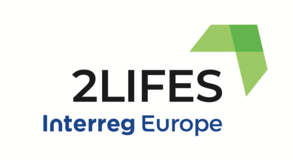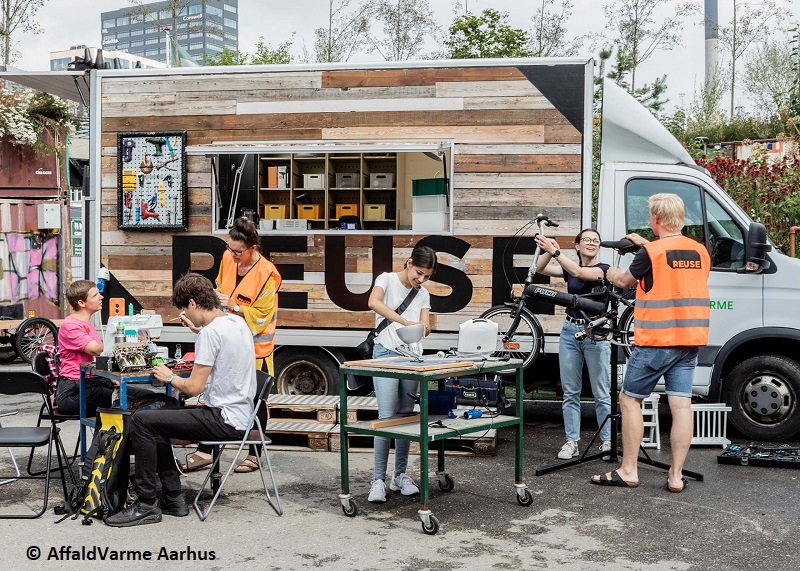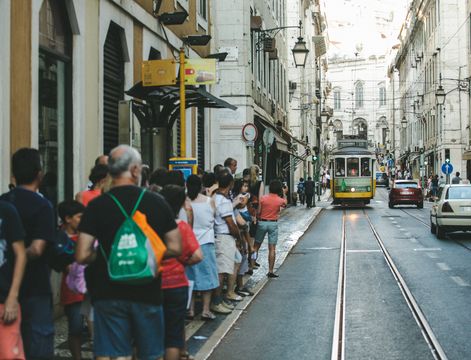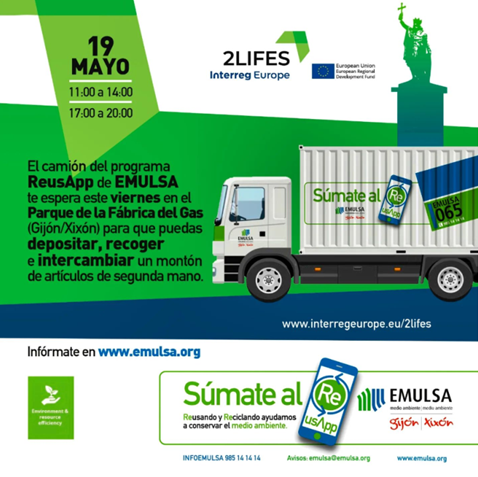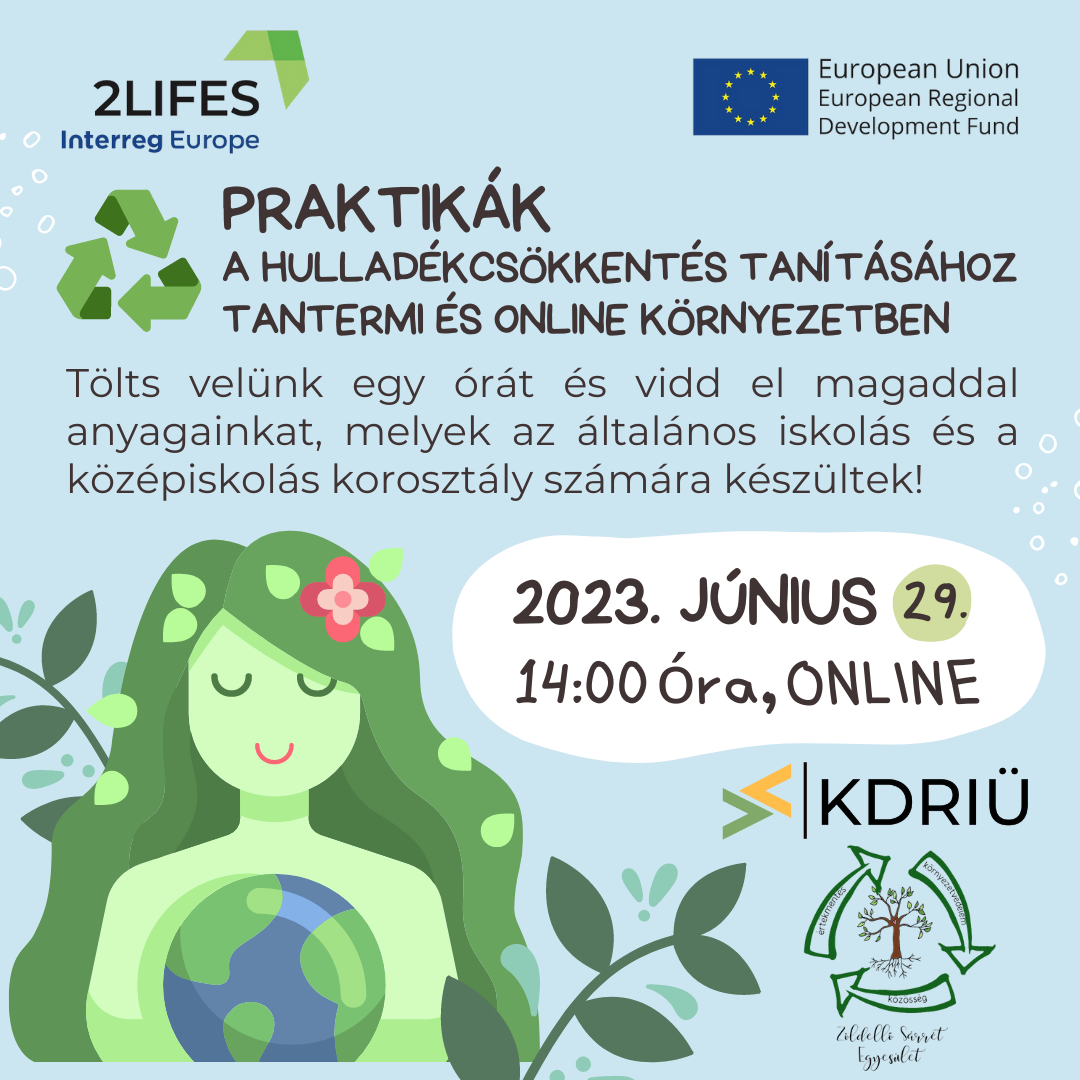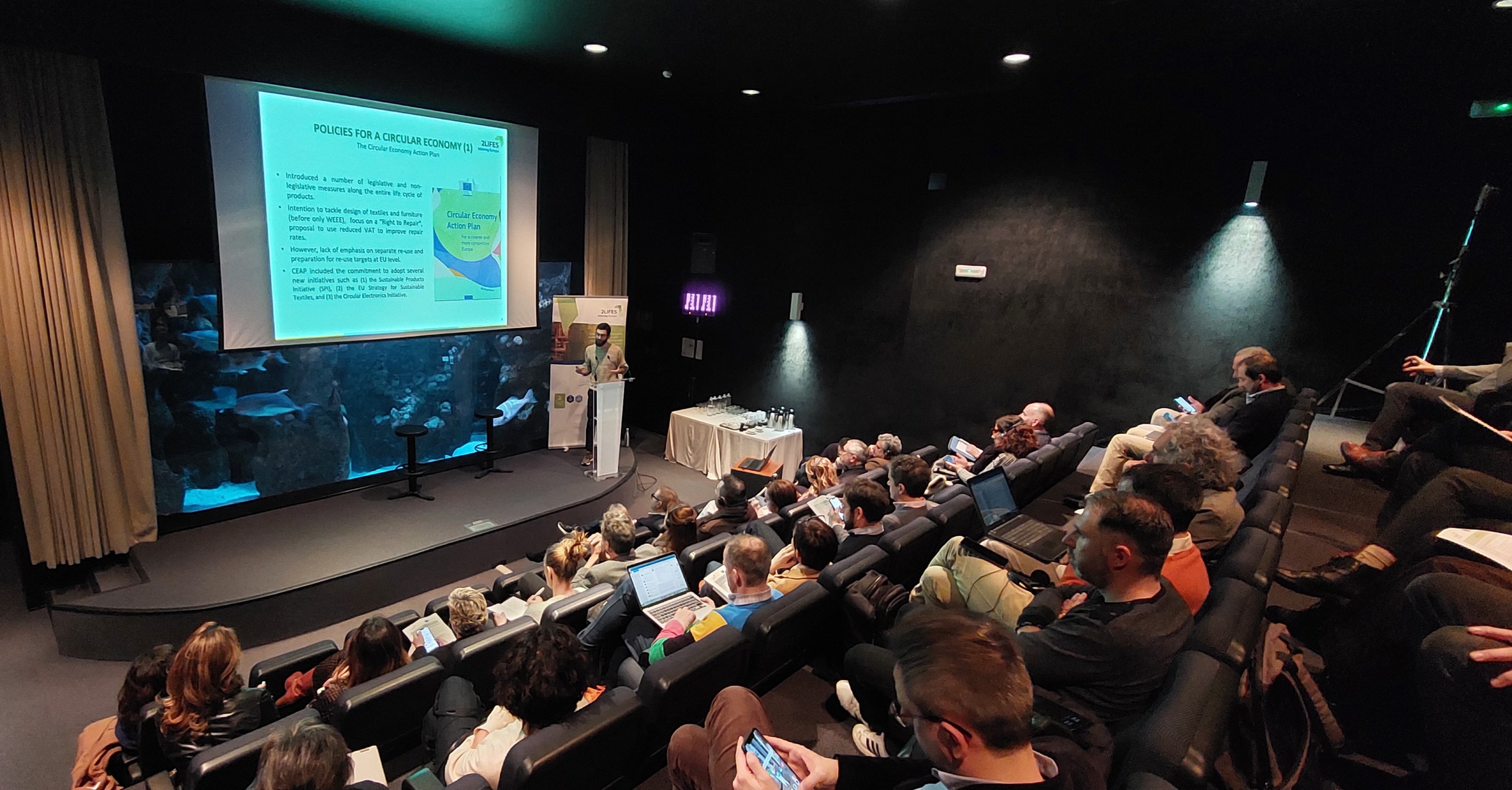The 2LIFES' comparative report Psychosocial barriers to re-use of different groups and products is now publicly available! This report compiles and compares the results of the studies conducted by all partners in their own cities or regions.
As a vital component of the 2LIFES project, partners had to carry out during the first semester psychosocial studies on barriers to re-use concerning different population groups and products. This study, consisting of a formal survey process, had the goal to identify the most reluctant groups to re-use and the less popular re-usable goods per territory, which is strategic information to provide content and evidence on the current situation, produce tailored communication campaigns, and increase the effectivity of the project.
Data and knowledge about consumers’ behaviour regarding the circular economy are rather scarce. Therefore, these studies will frame the communication campaigns to be carried out during the project. As will be shown in this report, the survey was designed to exhaustively collect data on citizens' attitudes, beliefs, and behaviours regarding the re-use and repair sector. Behavioural economics can also inform and have a considerable impact in the policy arena, which often focuses on supply. However, it must certainly not ignore the demand in order to transition to a circular economy and thus deliver on sustainability targets.
